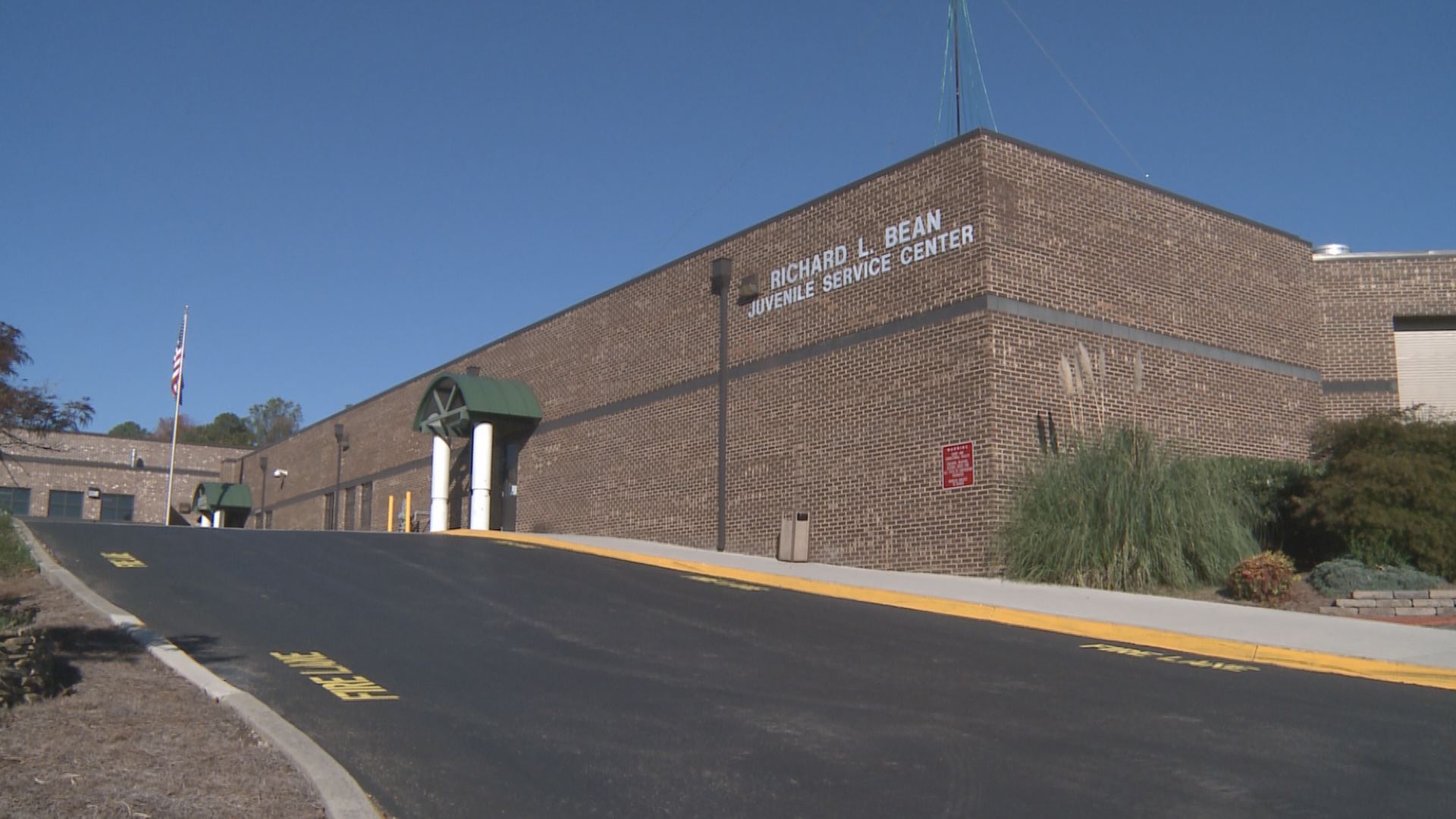(WBIR - KNOXVILLE) Each year, about 2,500 children and teenagers from across Tennessee come through Knox County's juvenile detention center. The inmates are accused of crimes ranging from murder to shoplifting.
Inside the Richard L. Bean Juvenile Service Center, you will find everything you might expect to see in a jail: barred doors, guards at every turn, and orange jumpsuits. But the center's namesake, Superintendent Bean, prides his facility on the things you would never think to find.
"Most detention centers, they run them... like a jail or prison," Bean said, "We run ours like a group home or something. We treat our kids a lot different than a lot of places."
In Bean's 44 years at the facility, he said he's found that strictly punishing young inmates doesn't work. That's why he puts the focus on rehabilitation. He's come up with some unconventional methods over the years.
"Judge Tim Irwin wanted dogs. But my boy raises goats so that's why we've got goats," said Bean of the 10 or so goats they have on the property. The number has grown through the years.
When the inmates are allowed in a secure outside area each evening for a short time, Bean said they interact with the goats.
"When nothing else works we give them goat therapy. A lot of our kids have never seen a goat or any kind of animal," he said.
Bean has also put in a barbershop, complete with a striped pole the inmates can visit each week and a library to check out books on the weekend.
They are also the only detention center with a chartered Boys and Girls Club that young defendants can join after their classes to do arts and crafts and other activities.
"We try to help a kid get his life straightened out before he gets 18. Do that every day. Try to," he said.
But Bean said the majority of the students' days, and what he considers most important, are spent in the classroom. Gary Harmon, who teaches English and History, makes a point to never learn the reason why his students are there.
"It doesn't matter to me. It's between them and the judge and their families. The only thing I'm concerned about is teaching them," he said.
Harmon said he rarely deals with bad behavior and attributes it to a demand for mutual respect.
"It's not an oppressive atmosphere," Harmon said, "We have a very capable guard in there who talks to these kids as if they are his own."
Bean also said he treats his "kids" as if they were his own.
"I heard an old saying, 'The difference between a high-spirited youngster and a juvenile delinquent is whether it's mine or yours. I try to keep that in my head every day," Bean said.
Recently, the Division Street center received more than $200,000 in a Title I grant. They were able to purchase state-of-the-art laptops for the classrooms and add an additional teacher.
To spend time in the detention center, the juvenile must be accused of a delinquent act or a crime an adult can be charged with. It is not a long-term facility. If a juvenile is convicted of a crime, they are sentenced to one of three development centers in the state including Mountain View in Dandridge. But some inmates can spend months or even years in the Knox County facility.


